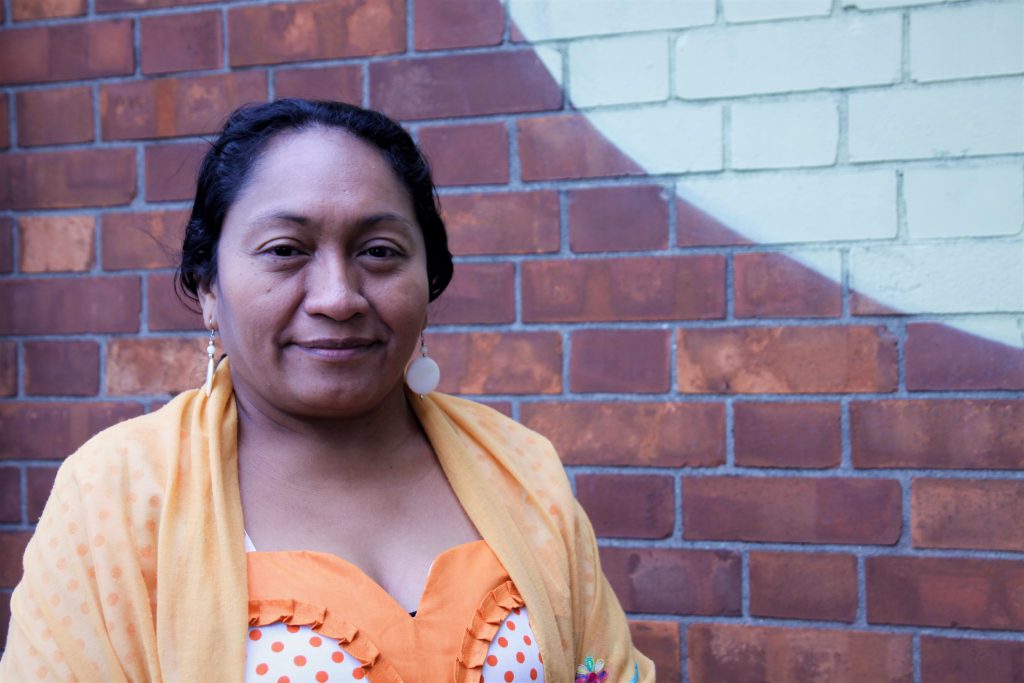UN calls on Ireland to halt Colombian coal imports over human rights concern

December 23rd, 2019
The UN Committee on the Elimination of Racial Discrimination has called on the Government to consider halting coal purchases from the ESB’s largest supplier in Colombia over human rights concerns.
In its latest periodic report on Ireland, the committee said that it was concerned that Cerrejón mine has been linked with “serious abuse of human rights, particularly affecting people of African descent and indigenous peoples”.
The mine in the underdeveloped state of La Guajira is one of the largest open-pit coal mines in the world. It produces and exports nearly 32 million tonnes of coal in 2017, over one-third of total national exports.
Human rights and environmental organisations, as well as academics, have said that this has come at a cost, accusing the mine of links to human rights abuses, including intimidation, assault and death threats against activists.
Eight leaders of the indigenous and human rights group Wayúu Women’s Force from the indigenous Wayúu communities affected by the mine received death threats in late April and early May.
In October 2019, two Wayúu social leaders – Oneida Epiayú and Ramon Larrada – were murdered. Cerrejón has previously spoken out against attacks against Indigenous community leaders.
The mine has a strong connection to Ireland as over 60 per cent of total coal imports – over eight million tons – for use at ESB’s Moneypoint power station in Co Clare have come from Cerrejón.
In addition, the majority of coal imported from Colombia is purchased through the Coal Marketing Company (CMC) in Dublin. Owned by the three companies who run Cerrejón, CMC is responsible for coordinating the sale and delivery of over 450 million tonnes of coal from the mine.
As such, the UN Committee called on Ireland to “lend its support” to the initiation of an independent inquiry into the operation of the mine and for “restitution and compensation for victims of displacement and other human rights abuses”.
The State should also guarantee that any victims have “access to effective remedies and compensation in Ireland” and ensure that all companies domiciled in Ireland “identify, prevent and address human rights abuses in their operations in Ireland or abroad”. Companies should be held liable for any violations, the committee added.
Officials from the new Irish embassy in Bogota recently met with representatives from the Cerrejón mine where they discussed the human rights issues raised by indigenous groups in the area. The Department of Foreign Affairs did not respond to requests for comment.
Profits translate into Indigenous pain
The UN’s findings were welcomed by Misael Socarras of Wayuu Women’s Force who said that the profits made by Cerrejon “translate into destruction” for the Wayuu and Afro-descendant people of La Guajira.
“They displace us, they kill us, they deprive us of our ancestral territories so that they can exploit them and eviscerate our lands for mineral extraction,” he added.
Sian Cowman of Stop Blood Coal said that the UN findings strengthen the civil society coalition’s call for the ESB to divest from Colombian coal on human rights grounds.
“We no longer need coal for the generation of electricity in Ireland, and the Irish Government cannot support the Colombian peace process in good faith whilst a State-owned company [the ESB] and an Irish-domiciled multinational [CMC] are complicit with such violence and abuse,” she added.

ESB ‘remain vigilant’
In a statement, the ESB said that it is aware of problems reported and “will remain vigilant to the issues raised”.
The utility told The Green News that it will track these issues in the context of an assessment process undertaken by Bettercoal – an international alliance of major coal-buyers – as part of its “commitment to use responsibly sourced coal”.
The ESB pointed to a 2018 Bettercoal report on Cerrejón that found the mine’s operating principles – including how it conducts its business, treats staff, and works with communities – are in line with its best practice code.
A public version of the report was criticised in a recent letter sent to the ESB by human rights and civil society groups from across Europe.
The report “falls far short” of international guidelines for multinational enterprises, the letter states, as there was “little consultation with local and international stakeholders”.
The letter is also critical of Bettercoal’s disclosure about site assessments, with no specific information about risks and impacts identified by the assessment.
[x_author title=”About the Author”]







